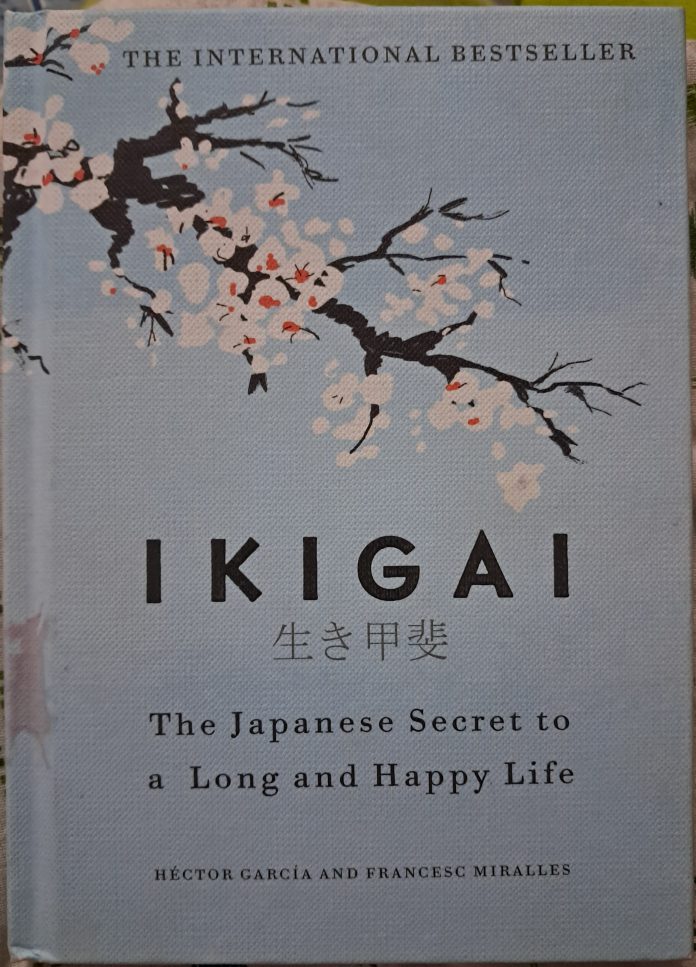– Ayesha Sultana
Ikigai, which depicts the Japanese secret to a long and happy life, is an international bestseller with millions of copies sold. Its principles are mostly followed by youngsters. Here we are trying to relate the principles of this book to those of Islam.
Certainly, you can relate the principles of Islam with the insights from Ikigai by aligning the concepts of purpose, passion, vocation, and mission with Islamic values. Here’s how you can bridge the two:
- Islamic Purpose (Niyyah):
Align the concept of Ikigai’s purpose with the Islamic principle of niyyah (intention). Ensure that your purpose is centered around worshiping and serving Allah in all aspects of your life.
- Passion and Islamic Ethics:
Identify passions that align with Islamic ethics and values. Ensure that your pursuits reflect the principles of kindness, honesty, and compassion, promoting virtues in your personal and professional life.
- Vocation in Halal Livelihood:
Connect Ikigai’s idea of vocation with the Islamic concept of earning a halal (lawful) livelihood. Choose a profession or career path that adheres to Islamic principles and contributes positively to society.
- Islamic Mission of Service (Khidma):
Integrate Ikigai’s mission component with Islam’s emphasis on serving humanity. Seek opportunities to contribute to the well-being of others, aligning your mission with the Islamic concept of being a beneficial servant (khadim) to humanity.
- Balancing Dunya and Akhirah:
Ikigai emphasizes balance, and in an Islamic context, this aligns with the concept of balancing worldly pursuits (Dunya) with the ultimate goal of the Hereafter (Akhirah). Prioritize actions that bring both worldly success and spiritual fulfillment.
- Connection with Allah in Daily Life:
Recognize the importance of maintaining a strong connection with Allah in your daily life. Incorporate Islamic practices such as regular prayers, supplications, and seeking guidance in your decision-making process.
- Gratitude and Contentment in Islam:
Apply the Ikigai principle of gratitude and contentment by acknowledging and appreciating the blessings in your life. Embrace the Islamic values of shukr (gratitude) and qana’ah (contentment) to foster a positive mindset.
By integrating the principles of Ikigai with Islamic teachings, you can create a holistic approach to finding purpose and fulfillment in your life while staying true to your faith and values. Remember to continually seek guidance from Islamic teachings to ensure that your pursuits align with the principles of Islam.




